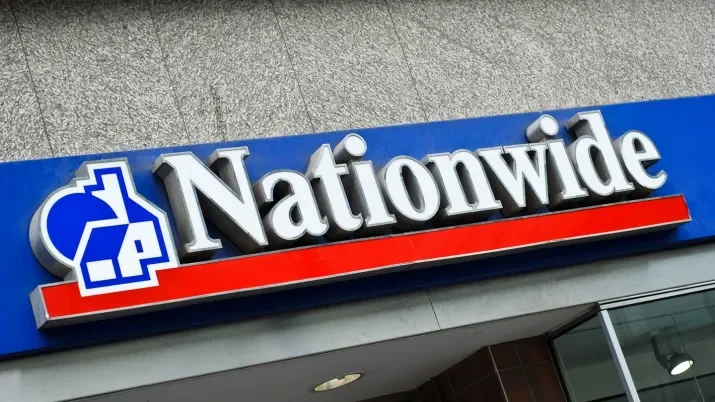AroundTown: bad call
Last week AroundTown, one of Europe’s largest listed Real Estate Investment Trusts (REITs), alongside its quarterly results announced that it would not be calling its euro corporate hybrid bond in January, and added that it would also consider using the coupon deferral feature on its outstanding hybrid bonds. In our view, AroundTown’s journey to this point is a story of poor corporate governance that is not reflective of its BBB+ credit rating or its supposed aspiration to become a A- rated company.
AroundTown is well known among debt investors, having been a serial bond market issuer since its listing in 2015. That year AroundTown’s net debt was €1.3bn, while today it is closer to €12.5bn. Like a number of firms in recent years, AroundTown took advantage of cheap QE-era financing to fuel its growth. Its frequency and volume of issuance was such that, in 2019, the company had to reassure investors that they wouldn’t issue euro denominated senior unsecured bonds for the first six months of that year.
AroundTown has also been a regular issuer of corporate hybrid bonds. To recap, corporate hybrids are subordinated debt instruments that are treated as 50% equity by ratings agencies, because they are perpetual (they have no set maturity) but with a defined call schedule. Corporate hybrids typically trade to their first call date, since investors generally expect this call to be exercised.
With rates rising sharply across 2022 and credit spreads also widening, the risk of corporate hybrid issuers not calling their bonds has been a growing concern, since in many cases not calling the bonds and retaining the perpetual debt is now materially cheaper than calling and issuing a new hybrid. AroundTown has been a particular focus in the debate about ‘call risk’ because it had two calls approaching in 2023; a January call on its €368.9m hybrid and a July call on a separate $641.5m hybrid.
A non-call of the euro hybrid was already being priced in to a certain degree, since before last week’s announcement the bond was trading at a cash price of 75. However, in our view, there were good options available to AroundTown that could have helped it avoid a non-call event. Given the rules set by the rating agencies, if an issuer wants to retain the equity benefit on all of its outstanding hybrids, it needs to either replace the non-called bond with a new hybrid or more subordinated capital. An issuer can also opt to reduce its outstanding hybrid stack by 10% at its own discretion.
AroundTown’s Q3 results looked steady. Revenues came in slightly ahead of analyst estimates (€410m vs. €395m expected) and it confirmed its full-year guidance for 2022. Since the beginning of the year, the firm has reported around €410m in property revaluations and capital gains. The property portfolio’s average loan-to-value (LTV) came in at 40%, and the interest coverage ratio was 5.2x. These appear good headline metrics in the context of rising rents, which increased 2.6% year-on-year in the nine-month period ended September 30. AroundTown also enjoys strong liquidity, with €2.3bn of cash (equivalent to around two years of rental income), a favourable balance sheet, an average debt maturity of 5.3 years and a blended cost of debt of 1.3%.
AroundTown broke market convention with its non-call, but it decided to go even further by mentioning the option of deferring coupon payments on all its hybrids, a move which would likely have more dramatic implications. The bonds would likely be downgraded aggressively in that event, and it would also prevent AroundTown from paying a dividend. One has to wonder why AroundTown felt compelled to mention this more aggressive step on the same day it announced it would not call its hybrid; it was certainly poorly received in the market, with the January 2023 hybrid dropping 20 points.
In the announcement, AroundTown made clear it considers corporate hybrids to be a pure equity product, saying “perpetual notes are equity in all aspects”. The bond investors which provided the capital to fund the company’s growth via these very securities would probably disagree.
In our view, the company’s overall results and balance sheet don’t justify management driving the price of investment grade rated bonds into distressed territory by mentioning its right not to pay interest on cheap QE-era debt. Instead of deploying cash to address its hybrid call and issue a new instrument carrying higher interest expense, AroundTown decided to inflict capital pain on its bondholders.
It should be said that in the context of the broader corporate hybrid market, we think this is an isolated case. Last month we argued extension risk was higher in the real estate sector, where it has to be considered on a case-by case basis. There has been no noticeable contagion from AroundTown’s decision; the day after the announcement, renewable energy company Orsted, rated BBB+, successfully placed a hybrid with a 5.25% coupon.
Stakeholders at every level of AroundTown’s capital structure will have taken note of the company’s treatment of its creditors, and we would expect this to be reflected in the firm’s ESG scores going forward. It seems property prices aren’t declining quite as fast as AroundTown’s corporate governance.



